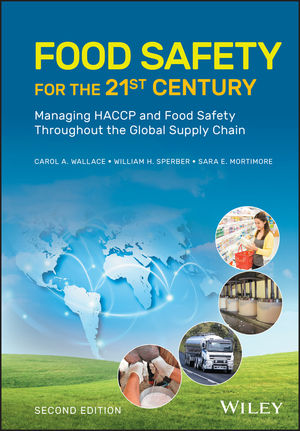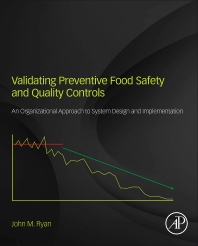Food safety: Buy better

No matter what side of the fence you’re on, you’d probably agree that it was shocking to see the supplier approval process attacked this spring in the New York Times.
In the wake of the Peanut Corporation of America’s national product recall, reporters Michael Moss and Andrew Martin wrote, “The Trouble with Food Safety Audits.” The article criticized a reputable third-party auditing firm and challenged the auditors’ capability.
For many, the answer to screening and monitoring suppliers involves a third-party audit. Here, a professional auditor evaluates an operation against an established standard. The standard may be designed by the customer or the auditing company may have its own standards.
One of the drawbacks to using a third-party audit is that it tends to promote two-dimensional thinking. That is, a third-party audit will tell you whether or not the supplier complies with a standard. However, this process will not necessarily determine if there are any risks to your particular plant or process.
In my opinion, any supplier approval process should involve a detailed investigation, which includes the use of a third-party audit as an important tool. That said, I see the approval process as having several phases.
The first step is simply an “initiation phase.” Here, there’s contact initiated by either the prospective supplier’s sales department or the buyer’s purchasing department. This phase establishes relationships and lines of communication with the two sides sharing information.
The goal or purpose is to determine if the supplier can provide the customer with a safe, quality, cost-efficient product. During this phase, a buyer should receive, review and file a few critical documents. These typically include …
… a supplier questionnaire, in which the prospective supplier answers specific questions about their operation, products and programs;
… key documents, such as Letters of Guaranty, insurance, Kosher or Halal certificates, and organic certification;
… product specifications including critical food safety and quality tests;
… labeling and nutritional information;
… detailed HACCP plan with flow chart;
… a copy of a recent third-party audit.
Every buyer should review these documents to determine if there are any food safety or product quality gaps that need to be addressed. Customers also should consider how a potential supplier responds to any issues brought up during the evaluation process. Finally, both sides should determine how to address any identified risks. It’s a matter of establishing if the food safety risks will be controlled by the supplier (corporately) or by its manufacturing facility and what procedures should be in place to control the risk.
I consider the next step as a “follow-up” phase. If there are unanswered questions after the necessary documents are received or if there is a perceived risk of concern, then this step may involve an on-site visit.
Rather than conduct a comprehensive audit, the on-site visit should focus on verifying that the suppliers have done a thorough job of evaluating the risks within their own processes and have effectively mitigated any hazards. During this step, a buyer may choose (or not) to visit the supplier’s site. Because most companies buy product from so many sources, it often is virtually impossible to visit each location.
This is where the third-party audit becomes a valuable tool. A customer can select key components from a third-party audit and verify that those findings are valid for the supplier’s operation. Customers also should review how the supplier has responded to and/or corrected any concerns and findings mentioned in an audit report. In most cases, this follow-up is just as critical as the audit itself.
After the site visit or third-party records review, buyers should perform a final risk assessment and decide whether or not to accept a supplier’s service or material into the buyer’s facility. I’d note that the approval process does not end here. Buyers should continue to monitor a new item (or service) to ensure that it is indeed performing as expected.
Jeff Stenner is corporate quality assurance manager for Orval Kent Foods, a Wheeling, Ill.-based, processor of refrigerated deli salads and side dishes. Orval Kent Foods is a member of the Refrigerated Foods Association, Atlanta.
Looking for a reprint of this article?
From high-res PDFs to custom plaques, order your copy today!








